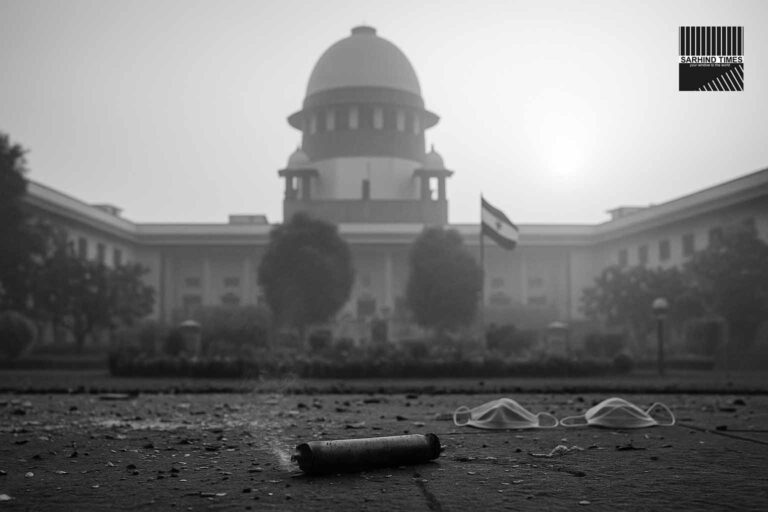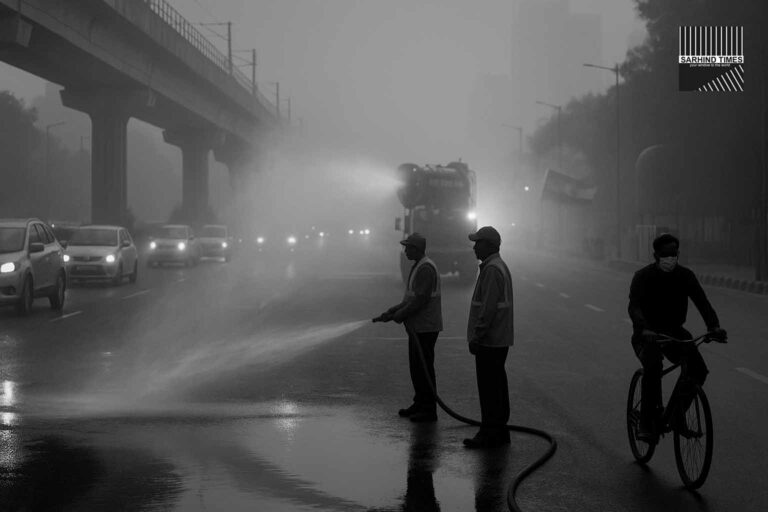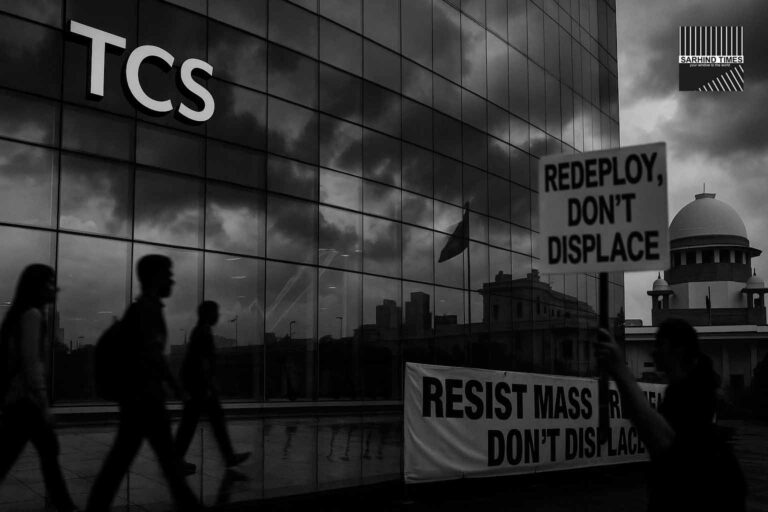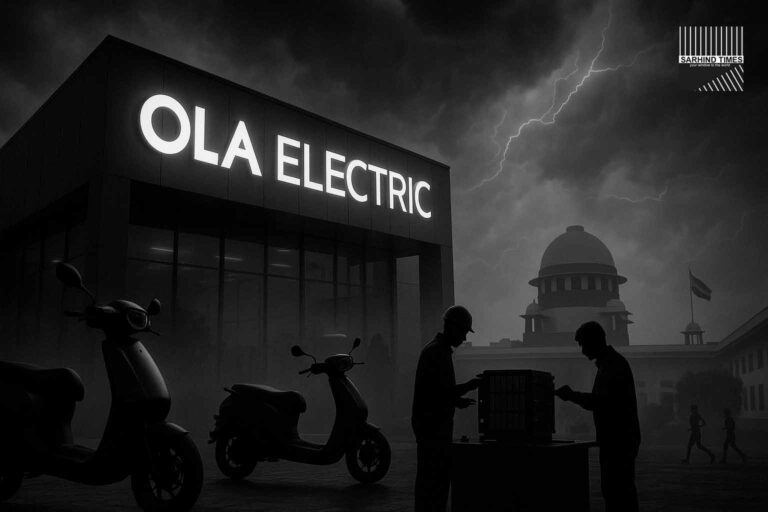By Sarhind Times Political Bureau
New Delhi, October 3:
Congress leader Rahul Gandhi, currently on an overseas tour, has sparked a political storm after alleging that India faces its “gravest democratic threat” in modern history. Speaking at a public event in Colombia, Gandhi told his audience that India’s democratic institutions are “under systematic assault” and that dissent is being “systematically stifled.”
The remarks immediately drew a sharp reaction from the ruling Bharatiya Janata Party (BJP), which accused Gandhi of defaming India on foreign soil. BJP leaders branded him a “Leader of Propaganda” and argued that such statements damage India’s image at a time when the country is positioning itself as a global economic and diplomatic power.
Political observers say the clash is emblematic of a sharpening pre-election narrative: opposition leaders internationalising domestic critiques, while the government frames these moves as violations of diplomatic norms.
🌏 Rahul Gandhi’s Colombia speech: The key points
In his address in Colombia, Gandhi made several assertions:
- India’s democratic traditions, which celebrate pluralism and diversity, are being undermined.
- Independent institutions such as the press, judiciary, and investigative agencies are allegedly being influenced or weakened.
- He contrasted India’s system with China’s state-controlled model, warning against authoritarian tendencies.
- He called for global solidarity among democracies, stressing that “what happens in India affects the world.”
Gandhi also underscored India’s youth and diaspora power, urging Indians abroad to remain engaged with issues back home.
🔥 BJP’s sharp rebuttal
The BJP wasted no time in striking back.
- Party spokesperson Sambit Patra described Rahul Gandhi as “a habitual offender who maligns India wherever he goes.”
- Union Minister Anurag Thakur accused him of being a “propaganda tool” and said:
“He cannot win the trust of Indians at home, so he seeks sympathy abroad.”
- BJP leaders emphasised that India’s institutions are “stronger than ever” and that democratic vibrancy is evident in high voter turnouts, judicial interventions, and a thriving media landscape.
The ruling party framed Gandhi’s remarks as crossing a red line, arguing that domestic disagreements should not be internationalised.
🏛️ Congress’ defense
Congress leaders, meanwhile, defended Gandhi’s comments:
- Senior leader Jairam Ramesh said Gandhi was “simply stating facts” about institutional erosion.
- The party maintains that taking these concerns abroad is legitimate because India’s democracy is a global example and thus subject to global concern.
Congress’ broader strategy also involves mobilising diaspora networks—a constituency the BJP has traditionally dominated through Prime Minister Narendra Modi’s high-profile overseas rallies.
📺 Politics meets optics: Why abroad?
Rahul Gandhi’s remarks are not the first time the Congress scion has courted controversy on foreign platforms. His earlier visits to the UK, US, and Europe also featured speeches critiquing the ruling dispensation.
Analysts note:
- For Gandhi, the global stage provides visibility and amplification through international media.
- For the BJP, these remarks present an opportunity to question his patriotism and loyalty.
- For the diaspora, the speeches create a space to engage with India’s domestic politics, especially in an era of digital live-streams and viral clips.
📊 Pre-election implications
This clash comes at a critical time:
- India heads into state elections in Rajasthan, MP, Chhattisgarh, and Telangana.
- National elections loom in 2024, where democracy and governance narratives are central battlegrounds.
- Congress is seeking to regain lost ground through alliances under the INDIA bloc, while BJP continues to project Modi as the guarantor of stability.
Rahul Gandhi’s framing of democracy as being under threat may resonate with urban, liberal audiences but risks alienating moderate voters who dislike criticism abroad.
🗣️ Expert voices
- Prof. Suhas Palshikar, Political Scientist:
“The Congress strategy is to frame the election as a battle for democracy. But its success depends on whether voters connect institutional decline to their daily struggles.”
- Journalist and commentator Shekhar Gupta:
“Rahul Gandhi abroad is often sharper than Rahul Gandhi at home. But the BJP has successfully used his foreign remarks to corner him as anti-national.”
- Diaspora leader in Bogota:
“We appreciate Rahul Gandhi raising democracy, but we also worry about how this will be seen back home.”
📰 Broader context: Democracy as a global talking point
Rahul Gandhi’s remarks are part of a larger global conversation. Across democracies—from the US to Brazil to Europe—questions about institutional erosion and populism dominate political debate. Gandhi’s choice to situate India’s democracy alongside this global trend may aim to connect India’s story with worldwide anxieties about authoritarianism.
📰 Conclusion
The Colombia episode is the latest flashpoint in Rahul Gandhi’s evolving political journey. Whether it strengthens his case as a defender of democracy or reinforces BJP’s portrayal of him as a global critic of India remains to be seen.
What is certain is that democracy itself—its health, its perception, and its political ownership—has become the defining narrative of India’s run-up to 2024.
#Politics #RahulGandhi #BJP #Democracy #IndiaAbroad #Elections























+ There are no comments
Add yours